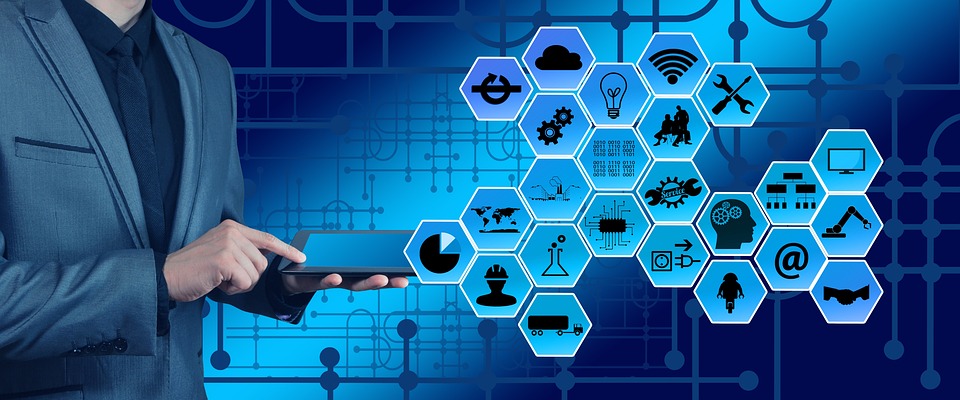When we think of artificial intelligence (AI), we often picture futuristic robots or computers making decisions for us. But in reality, AI is already all around us and changing the world in ways we may not even realize.
From personalized recommendations on streaming services to self-driving cars, AI is revolutionizing industries and transforming the way we live and work. But what exactly is AI, and how did it rise to such prominence in such a short period of time?
At its core, AI refers to machines or systems that can mimic human intelligence and perform tasks that typically require human input, such as learning, problem-solving, and decision-making. This is made possible through complex algorithms and deep learning techniques that enable machines to analyze data, recognize patterns, and make predictions with remarkable accuracy.
The origins of AI can be traced back to the 1950s, when researchers began exploring the possibility of creating machines that could think and learn like humans. Since then, AI has experienced rapid advancements and has become increasingly integrated into everyday life.
One of the key drivers of the rise of AI is the exponential growth of data. With the proliferation of the internet, social media, and smart devices, vast amounts of data are being generated every second. AI systems can analyze this data to identify trends, make predictions, and provide insights that would be impossible for humans to uncover on their own.
Another factor fueling the rise of AI is the increase in computational power. As technology continues to evolve, machines are becoming more powerful and capable of processing immense amounts of data at lightning speed. This has enabled AI systems to perform complex tasks with greater efficiency and accuracy than ever before.
In addition to advancements in technology, the rise of AI has also been driven by the growing demand for automation and efficiency in various industries. From manufacturing and healthcare to finance and transportation, AI is being used to streamline processes, reduce costs, and improve productivity.
For example, in the healthcare industry, AI systems are being used to diagnose diseases, predict patient outcomes, and personalize treatment plans. In finance, AI-powered algorithms can analyze market trends, predict stock prices, and automate trading decisions. And in transportation, self-driving cars are revolutionizing the way we get around, making travel safer and more efficient.
But as AI continues to reshape the world, it also raises ethical and social concerns. One of the biggest challenges is the impact of AI on the workforce. With machines increasingly capable of performing tasks that were once done by humans, there is a growing fear that automation will lead to widespread job loss and economic upheaval.
However, proponents of AI argue that it has the potential to create new job opportunities and enhance human capabilities. By automating routine tasks, AI can free up time for workers to focus on more creative and complex work. Additionally, AI can assist in tackling some of the world’s most pressing challenges, such as climate change, healthcare, and poverty.
Despite the potential benefits of AI, there are also concerns about privacy, bias, and accountability. As AI systems rely on vast amounts of data to make decisions, there is the risk of misuse or unauthorized access to personal information. Additionally, AI algorithms can perpetuate biases and discrimination if not properly trained and monitored.
To address these concerns, policymakers, researchers, and industry leaders are working to develop ethical guidelines and regulations for the responsible use of AI. From ensuring transparency and accountability to promoting diversity and inclusion, there is a growing emphasis on building AI systems that are fair, reliable, and trustworthy.
Ultimately, the rise of AI is a testament to the incredible potential of human ingenuity and innovation. By harnessing the power of technology, we have the opportunity to create a future where AI serves as a force for good, enhancing our lives and driving progress in ways we never thought possible.
As we continue to explore the possibilities of AI and navigate the challenges it presents, it is clear that the impact of artificial intelligence on the world is profound and far-reaching. Whether it’s revolutionizing industries, transforming the way we work, or shaping the future of society, AI is shaping the world in ways that will continue to unfold for years to come. And as we embrace this new era of technology, it is up to us to ensure that AI is used responsibly and ethically, for the benefit of all.



